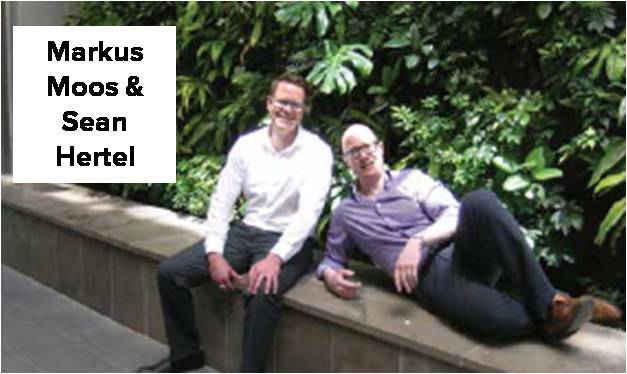Hi Canada, welcome to (y)our issue – but don’t get too comfortable.
This is not your Canadian Living, Style at Home or HGTV Canada. Through these next pages, we’d like to introduce you to Canada’s current housing crisis and what can be done about it.
Hi Canada, welcome to (y)our issue – but don’t get too comfortable.
This is not your Canadian Living, Style at Home or HGTV Canada. Through these next pages, we’d like to introduce you to Canada’s current housing crisis and what can be done about it.
Canadians have been far too complacent – silent even – about the state of our housing. Too many First Nations communities cannot drink their tap water, if they have it at all. Growing numbers of seniors are finding it increasingly difficult to find housing in communities where they’ve lived most of their lives because dwellings no longer meet their changing lifestyle and health needs. Millennials are streaming into our big cities for opportunities, only to find themselves priced out of neighbourhoods that were home to the generation before them. Canadians with below average incomes and many new immigrants are struggling to make ends meet in the face of historically high housing prices and stagnating wage levels.
This is not merely a crisis in housing, but a crisis in Canadian values. We pride ourselves (in fact, it’s become a part of our national identity) on our acceptance of others and our ability to take care of each other. Our health system reflects these values. So does the welcoming of 25,000 Syrian refugees earlier this year. Why, then, has our housing system not kept up with these values?
This issue holds what we think is some of the best writing on housing in Canada. We’ve assembled thoughtful, inspiring and, dare we say, very Canadian thinking about the state of housing in this country, and how we got here. Shall we give you the tour now?
Alan Walks gives readers a primer on the economic burdens that housing (and housing debt in particular) is placing on Canadians. Richard Harris explores the paradoxical relationship between innovation and accessibility to our housing system. We learn about the divides in our biggest cities from Richard Florida, and how housing adapts (or doesn’t) to changing societal needs and aspirations from Avi Friedman. For a collision of construction and gender metaphors, Filiz Tamer’s timely article (because it’s 2016!) reveals what it’s like to be a female in the still male-dominated development industry, despite obvious female leanings as to how homes are marketed and designed.
Most importantly, this issue points the way forward for changes to government policies and how we as a nation think about the subject.
Markus Moos and Sean Hertel are wildly passionate about making Canada’s housing system meet the needs of all inhabitants of our nation.
SEAN HERTEL is an urban planner, who takes the road less travelled when it comes to his consulting practice. With any project, he infuses social justice into his passion for cities. Sean leads a Toronto-based professional planning practice specializing in land-use policy to support transit, intensification and housing affordability. He is a frequent speaker and university lecturer, and conducts suburban and social equity research at the City Institute at York University (CITY). @Sean_Hertel
MARKUS MOOS is a faculty member in the School of Planning at the University of Waterloo. Markus is associate director, Graduate Studies, and professor in the School of Planning at the University of Waterloo. His research is on changing housing markets, generational change, youthification, and the economy and social structure of cities. He lives in Kitchener, Ontario, with his wife and three-year-old daughter. @Markus_Moos













